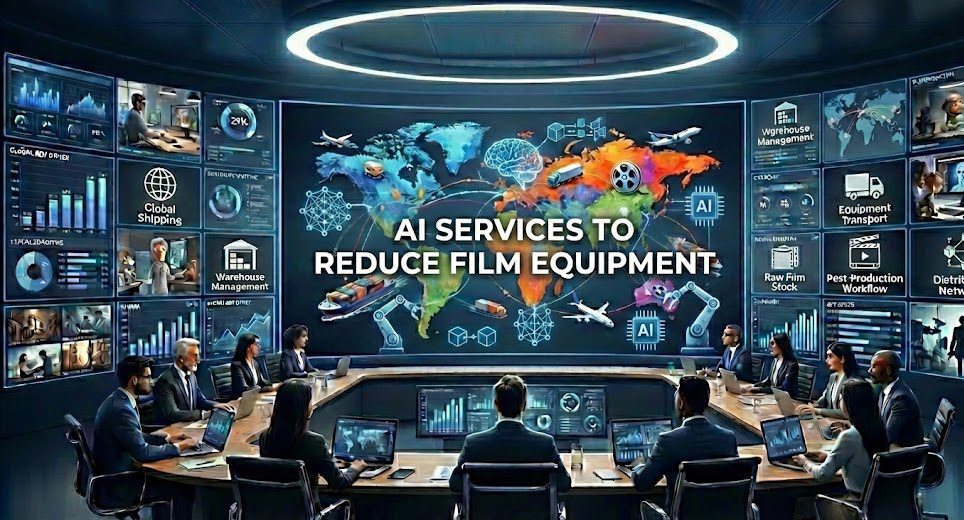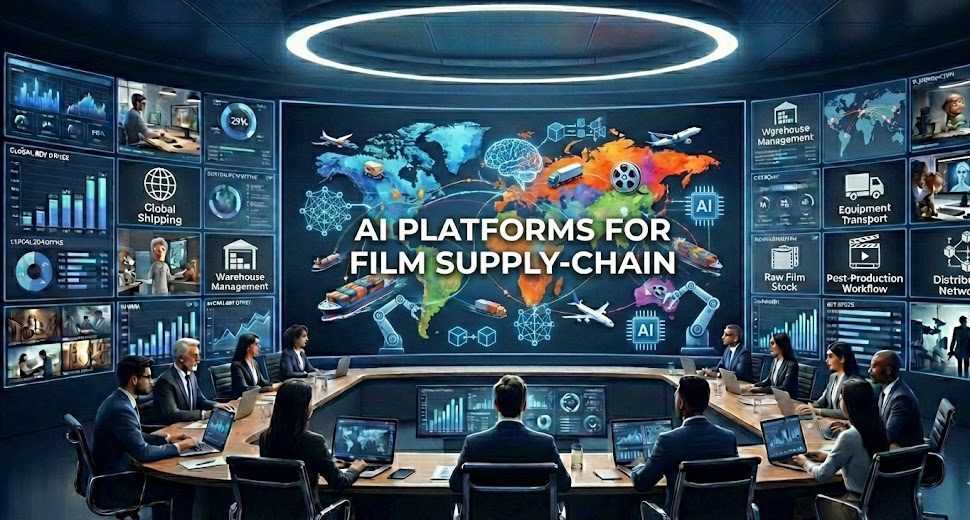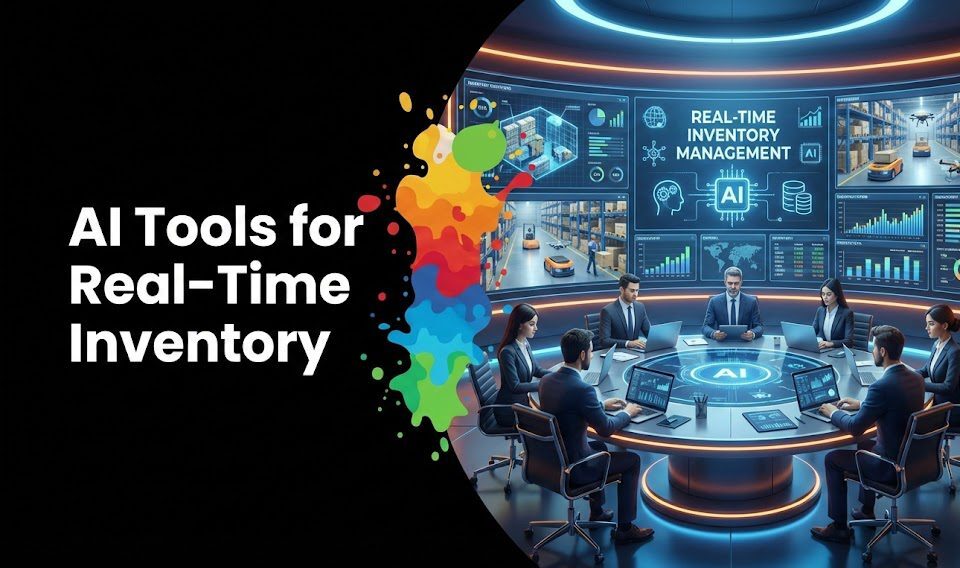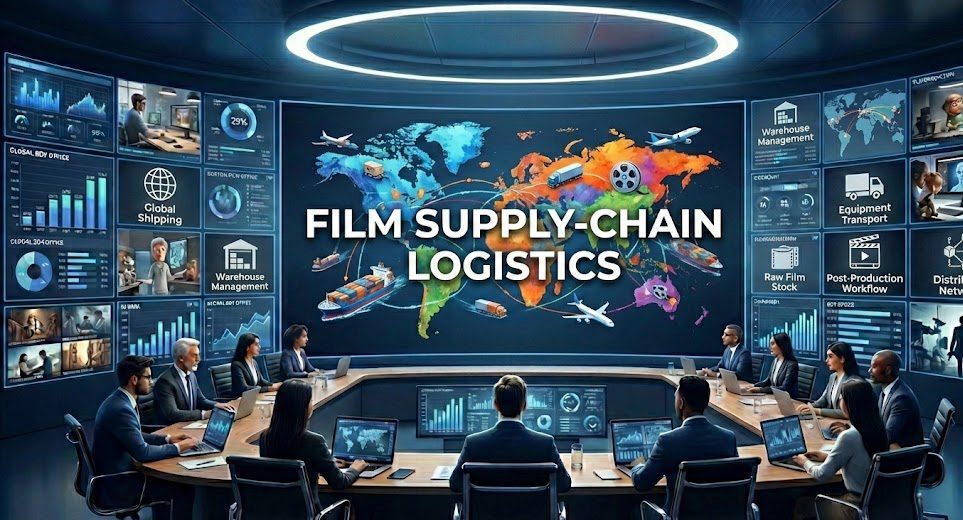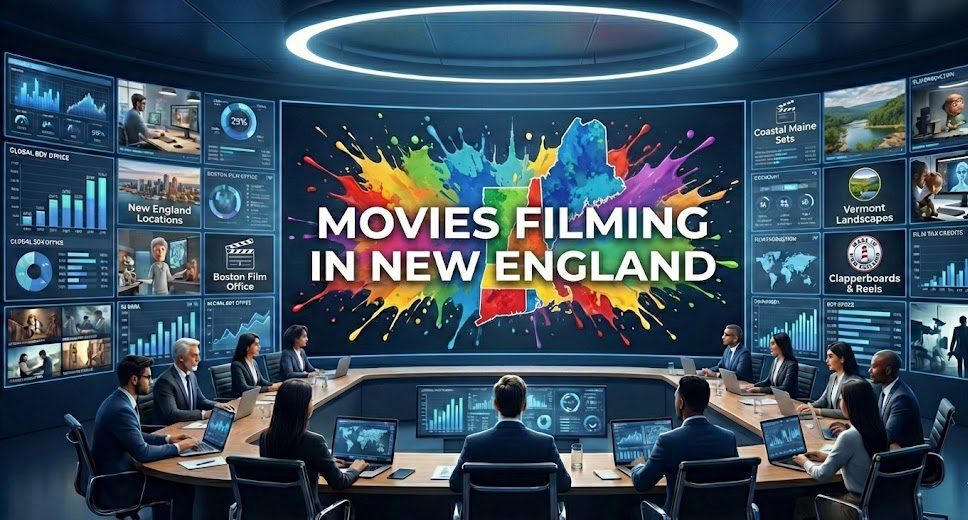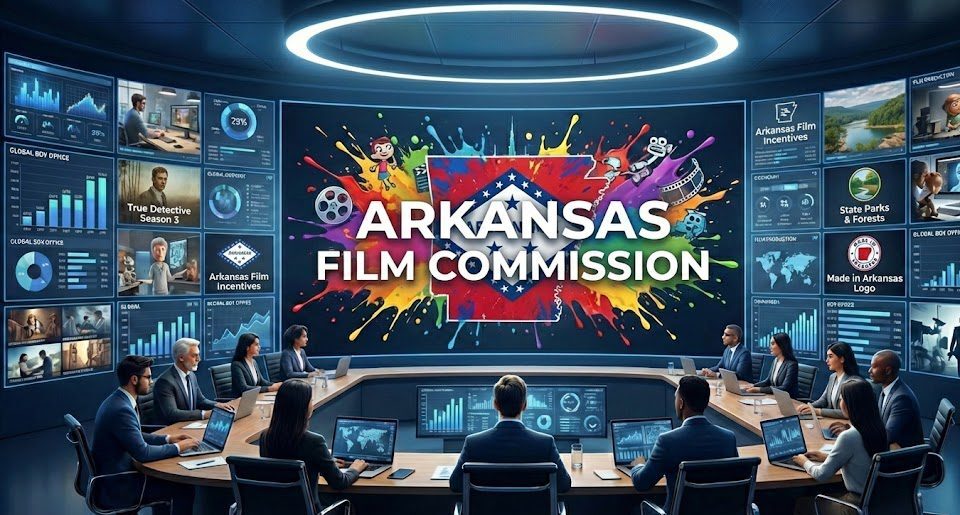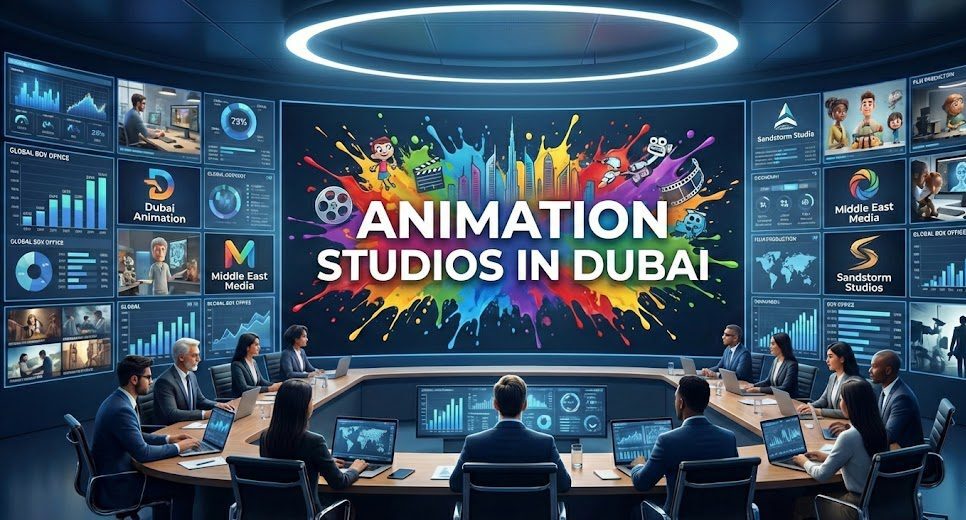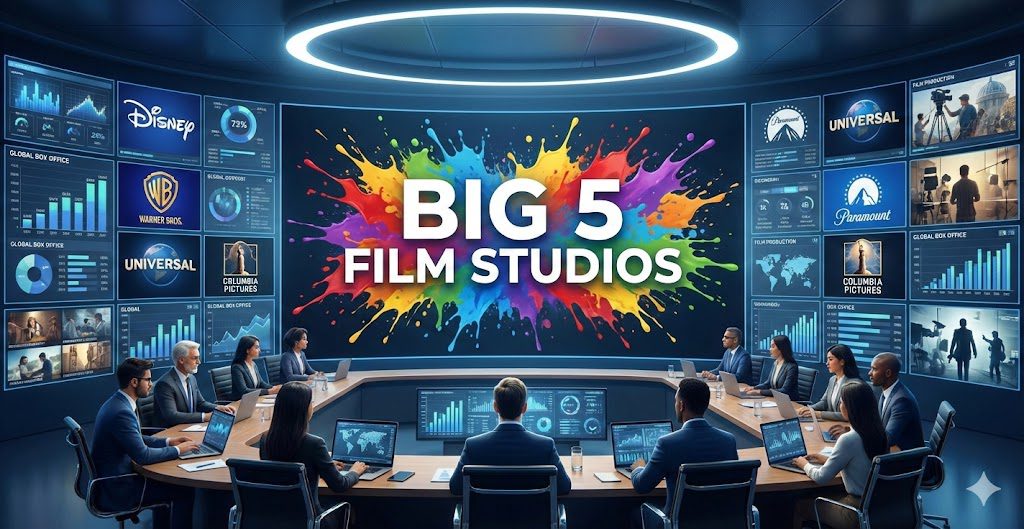Introduction
Ever had a brilliant movie idea, a story that just *has* to be told on the big screen? For Producers and Studio Heads, bringing that vision to life often comes down to one big thing: money. Understanding film finance access is super important to get your project off the ground. It’s like finding the right key to unlock a treasure chest full of movie magic.
This article will show you different ways to find money for your films, how to ask for it, and how cool tools can help you along the way. We’ll look at old ways and new ways to get the cash you need, so your amazing film idea can become a real movie everyone can see!
Key Takeaways
| Area of Focus | Main Point |
|---|---|
| Understanding the Basics | Film finance access means finding and getting the money needed to make a movie. It’s a critical step for all filmmakers. |
| Traditional Funding | Big studios, private investors giving money for a share (equity), or lending money (debt) are common ways. Selling rights early (pre-sales) also helps. |
| New Funding Methods | Getting small amounts from many people online (crowdfunding), finding rich individuals (angel investors), or using government help (grants/tax credits) are growing options. |
| Getting Ready to Ask | You need a great plan! This includes your script, budget, team, and how the movie will make money. |
| Global Opportunities | Working with companies in other countries (co-productions) can open up more money and new audiences. |
| Helpful Tools | Platforms like Vitrina can help you find partners and understand the market, making film finance access easier. |
Struggling with Film Finance Access?

The Landscape of Film Finance Access
Thinking about how to get money for a movie can feel like a big puzzle. But, once you know the pieces, it gets easier. Film finance access is all about finding those pieces and putting them together. It’s not just about asking for cash; it’s about showing why your film is a good bet.
What Exactly is Film Finance Access?
Film finance access simply means how filmmakers, producers, and studios can find and get the money they need to make a movie. This includes everything from developing the script, to shooting the film, and even marketing it. Without access to finance, even the best ideas can stay stuck on paper. It’s the fuel for the movie-making engine. For Producers, this is a core part of their job – finding the funds to make the magic happen. For Studio Heads, it’s about making smart choices to invest in projects that will shine.
Why is Securing Film Funding So Vital?
Getting the right amount of money is super important. It affects how big your movie can be, who you can hire (like famous actors or a great crew), and how good it will look. More money can mean better special effects or shooting in amazing locations. It also helps get the movie seen by more people through good marketing. The movie world is tough, with lots of people trying to make films. Good funding helps your project stand out and have a better chance of success. It allows you to compete and bring your full creative vision to life.
| Common Hurdles in Film Financing | Description |
|---|---|
| High Competition | Many projects are looking for limited funds. |
| Perceived Risk | Investing in films can be seen as risky, so investors are careful. |
| Complex Deals | Film finance deals can have many parts and be hard to understand. |
| Market Changes | How people watch movies changes, affecting how films make money. |
- Creative Freedom: More funding options can mean more control over your story.
- Higher Production Value: Better resources lead to a more polished film.
- Wider Reach: Adequate funds allow for better marketing and distribution.
- Attracting Talent: Good financial backing can help secure top actors and crew.
Traditional Avenues for Film Financing
For a long time, movies got made using a few main ways to get money. These are still very important today, especially for bigger films. Think of these as the main roads to getting your film financed.
Studio Financing: The Powerhouse Model
Big movie companies, often called Major Studios or “Mini-Majors,” often pay for their own movies. They might have a big pot of money to make several films a year (this is sometimes called slate financing). They look at scripts and ideas and decide which ones to “greenlight,” meaning give the go-ahead and the money. If a studio funds your film, they usually have a lot of say in how it’s made and sold. This can be great because they have lots of experience and connections, but it might mean less creative control for the filmmaker.
Independent Film Financing: Equity, Debt, and Mezzanine
Not all films are made by big studios. Independent films often find money in other ways. Equity financing is when people or companies give you money in exchange for a piece of the ownership (a share) of the film and its profits. If the movie does well, they make money. If not, they might lose their investment. Debt financing is like taking out a loan. You borrow money and have to pay it back, usually with interest, no matter how the film does. Mezzanine financing (or gap financing) is often a mix, or a special loan that fills a “gap” if you’ve almost got enough money but not quite.
Pre-Sales, Foreign Sales, and Distribution Guarantees
Another smart way to get money is by selling some rights to your film before it’s even made! This is called pre-sales. You can sell the right to show the film in certain countries (foreign sales) or on certain platforms (like a TV channel or streaming service). A distribution guarantee is when a distribution company promises to pay a certain amount for the rights to release your film, and you can use that promise to get a loan. This shows investors that there’s already interest in your movie.
| Financing Model | Pros | Cons |
|---|---|---|
| Studio Financing | Access to large budgets, expertise, marketing power. | Less creative control, potentially tougher deal terms. |
| Equity Financing | No debt to repay if film fails, potential for strong partnerships. | Giving up ownership, profits are shared. |
| Debt Financing | Keep full ownership if film succeeds after repayment. | Must repay loan even if film doesn’t make money, adds pressure. |
| Pre-Sales | Reduces risk, proves market interest, funds production. | May undervalue film if sold too early, pressure to deliver. |
- Have a strong script: This is your number one selling tool.
- Build a great team: Experienced producers, directors, and key cast can attract investors.
- Know your budget inside out: Be realistic and detailed.
- Understand your audience: Who is this film for and how will you reach them?
Innovative and Alternative Film Funding Strategies
The world of film finance is always changing. Now, there are exciting new ways to find money for your movie, especially for fresh voices and unique projects. These are like new paths opening up in the funding forest.
The Rise of Crowdfunding and Fan-Powered Films
Have you heard of crowdfunding? It’s when many people give small amounts of money online to help fund a project. Websites like Kickstarter or Indiegogo are popular for this. Filmmakers can offer cool rewards, like a copy of the movie, a set visit, or even a small part in the film, to people who chip in. This way, your fans can actually help make your movie happen! It’s a great way to build buzz early too.
Tapping into Private Equity and Angel Investors
Beyond big investment companies, there are wealthy individuals called angel investors who like to support new businesses and creative projects, including films. Private equity firms that specialize in media might also be interested. These investors often look for unique projects with strong potential to make a return. Building a personal connection and a super convincing pitch is key here.
Leveraging Government Grants, Tax Credits, and Incentives
Many countries, states, and even cities offer “free money” or tax breaks to encourage filmmaking in their area. These are called government grants, film tax credits, or production incentives. This “soft money” doesn’t usually need to be paid back if it’s a grant, or it can significantly lower your production costs if it’s a tax credit. It’s worth researching what’s available where you plan to film, or even choosing a location based on these benefits.
| Alternative Funding | Pros | Cons |
|---|---|---|
| Crowdfunding | Builds audience early, proves concept, creative control. | Can be hard to reach funding goal, takes a lot of marketing effort. |
| Angel Investors/Private Equity | Can provide significant funding, mentorship potential. | May want significant control or profit share, hard to find. |
| Grants/Tax Credits | “Free” money or cost reduction, supports local economies. | Often very competitive, specific rules and paperwork, may require filming in certain locations. |
- Tell a compelling story: Not just your film’s story, but why you need help.
- Offer great rewards: Make them unique and valuable to your backers.
- Market your campaign tirelessly: Use social media, email, and word-of-mouth.
- Keep your backers updated: Share your progress even after the campaign ends.
Ready to Greenlight Your Next Hit?

Mastering the Art of Securing Film Finance
Knowing where the money *could* come from is one thing. Actually getting it is another! It takes planning, a good story (your film’s, and the story of why it’s a good investment), and understanding what people with money are looking for.
Crafting an Irresistible Pitch Deck and Financial Plan
Think of a pitch deck as your movie’s resume. It’s a short, visual presentation that tells potential investors everything important about your film. This includes the story (logline and synopsis), who’s on your team (director, producer, key actors), how much money you need (the budget), how you plan to make that money back and more (ROI projections or Return on Investment), and who your audience is (market analysis). Your financial plan needs to be super clear and realistic. You need to show you’ve thought about every dollar.
Navigating Investor Expectations and Due Diligence
Investors are careful with their money. They want to know their investment is safe and has a good chance of growing. This means being honest and open (transparency) is key. They will do their homework on you and your project – this is called due diligence. They’ll look at your track record, the strength of your script, your team’s experience, and your financial projections. Be ready to answer tough questions and show them you’re serious and professional.
The Growing Importance of International Co-Productions
Making a film with partners from other countries, known as an international co-production, is becoming a very popular way to get films financed. It can open doors to funding from multiple countries, access to different tax incentives, and help your film reach a bigger, global audience. It can be more complicated to set up, with different rules and cultures to manage, but the benefits can be huge for film finance access.
| Element of Pitch Package | Why It’s Important |
|---|---|
| Compelling Script | The foundation of the entire project. |
| Experienced Team | Shows you can actually make the film well. |
| Realistic Budget | Proves you understand the costs involved. |
| Clear Financial Projections | Shows investors how they might make money. |
| Target Audience Analysis | Demonstrates you know who will watch your film. |
- Unrealistic budget or financial projections.
- An inexperienced team with no track record.
- A script that isn’t ready or doesn’t fit a market.
- Lack of clarity on how the investor gets their money back.
- Poor presentation or unprofessionalism.
How Vitrina Supports Your Film Finance Access Journey
Navigating the complex world of film finance can be challenging, but you don’t have to do it alone. Vitrina helps make things easier. We offer a platform where Producers and Studio Heads can find information on companies, content trends, and potential partners all over the world. Think of us as your global entertainment industry guide. When you’re looking for film finance access, Vitrina can help you identify potential sales agents, distributors, or even co-producers who might be interested in your project. Our project tracker gives insights into what’s being made and by whom, helping you understand the market better. By providing data and connections, Vitrina empowers you to make smarter decisions and improve your chances of securing the funding you need. Check out Vitrina’s solutions to learn more about how we can support your next big project.
Conclusion
Getting money for your movie, or achieving film finance access, is a big journey with many paths. From the old-school ways of studio backing and private investment to newer roads like crowdfunding and government help, there are more options than ever. The main things are to have a great project, a smart plan, and to know who to talk to and how to talk to them. It takes hard work, but with the right approach and helpful resources, you can unlock the funding you need to turn your film dream into a reality that shines on screen. Keep learning, keep connecting, and keep creating!
Ready to take the next step in your film’s journey? Don’t let funding be a roadblock. Unlock a world of opportunities and streamline your film finance access! Sign up for Vitrina today and discover the partners and insights you need to bring your cinematic vision to life!
Frequently Asked Questions
The very first step is to have a fantastic, well-developed script and a clear vision for your film. After that, create a solid business plan, including a budget and a strategy for how the film will make money. Then you can start thinking about which type of financing makes sense for your project.
It can vary a lot! For some independent films, it might take many months or even years to gather all the needed funds. For studio films, the process might be quicker once a project is greenlit internally. It depends on the project’s size, your network, the type of funding you’re seeking, and current market conditions.
While Vitrina doesn’t directly broker deals or act as an investor itself, our platform is designed to help you discover and identify potential partners, including production companies, distributors, and sales agents who are active in financing and acquiring content. We provide the intelligence and connections to facilitate your own outreach for film finance access.
Some common mistakes include: not having a polished script, an unrealistic budget, not understanding their target audience or market, not doing enough research on potential investors, a weak pitch, and not being prepared for tough questions or the due diligence process. Being professional and well-prepared is key!





























